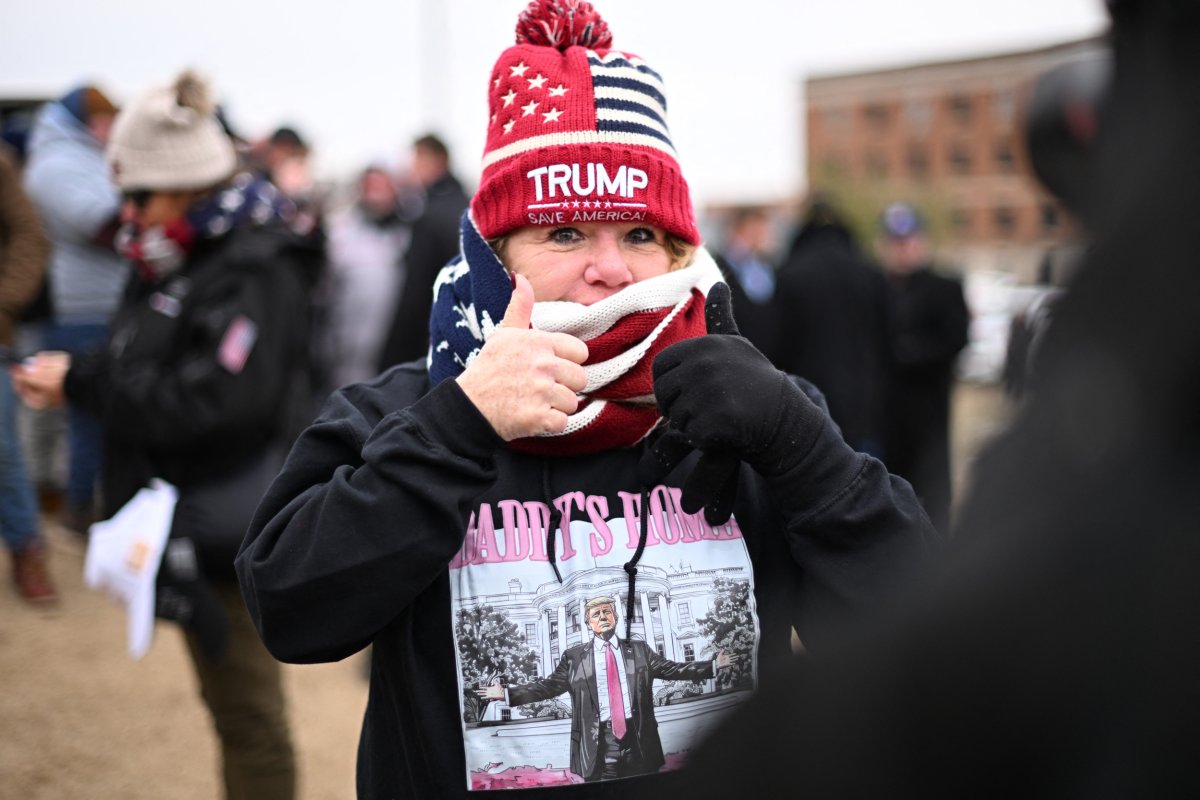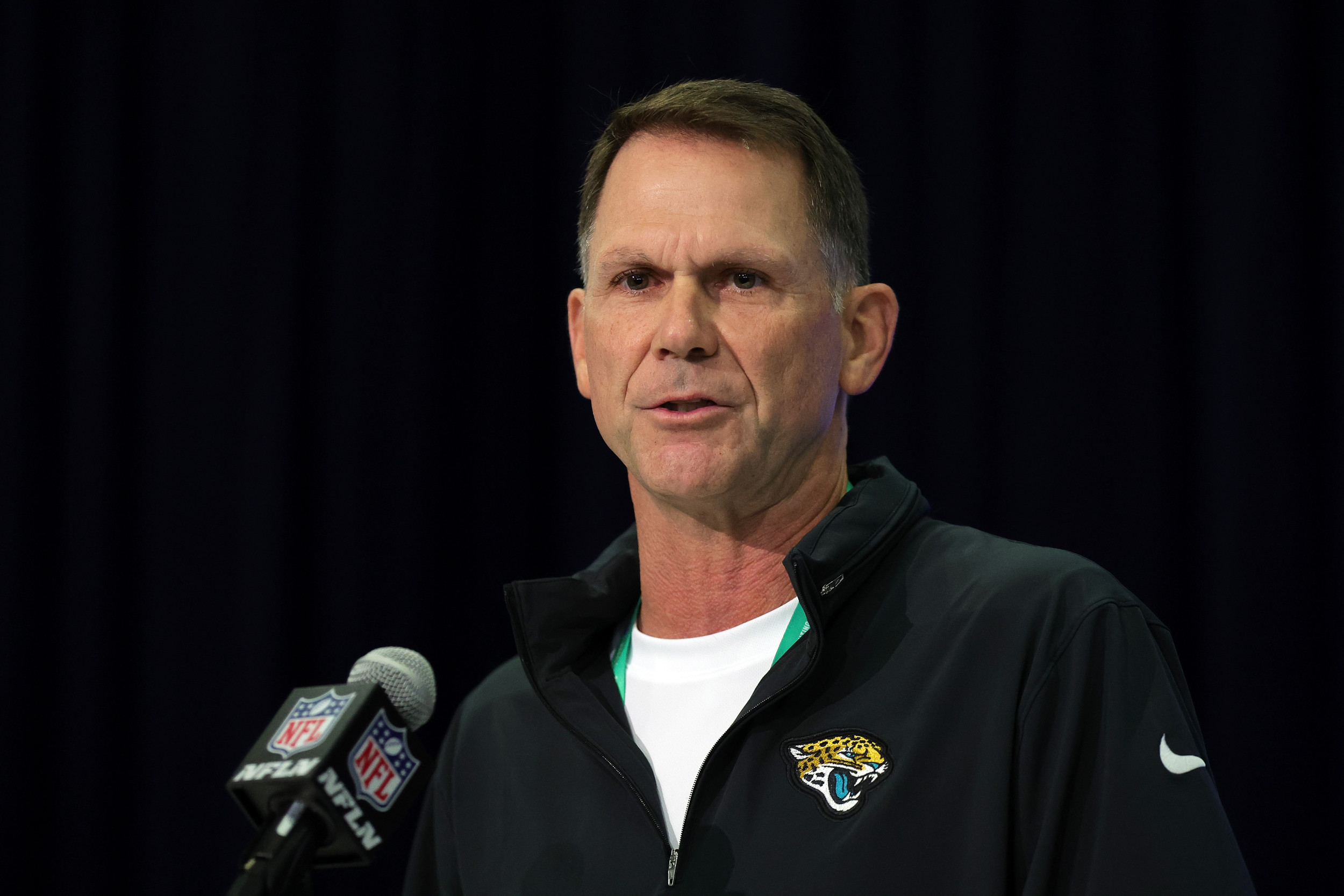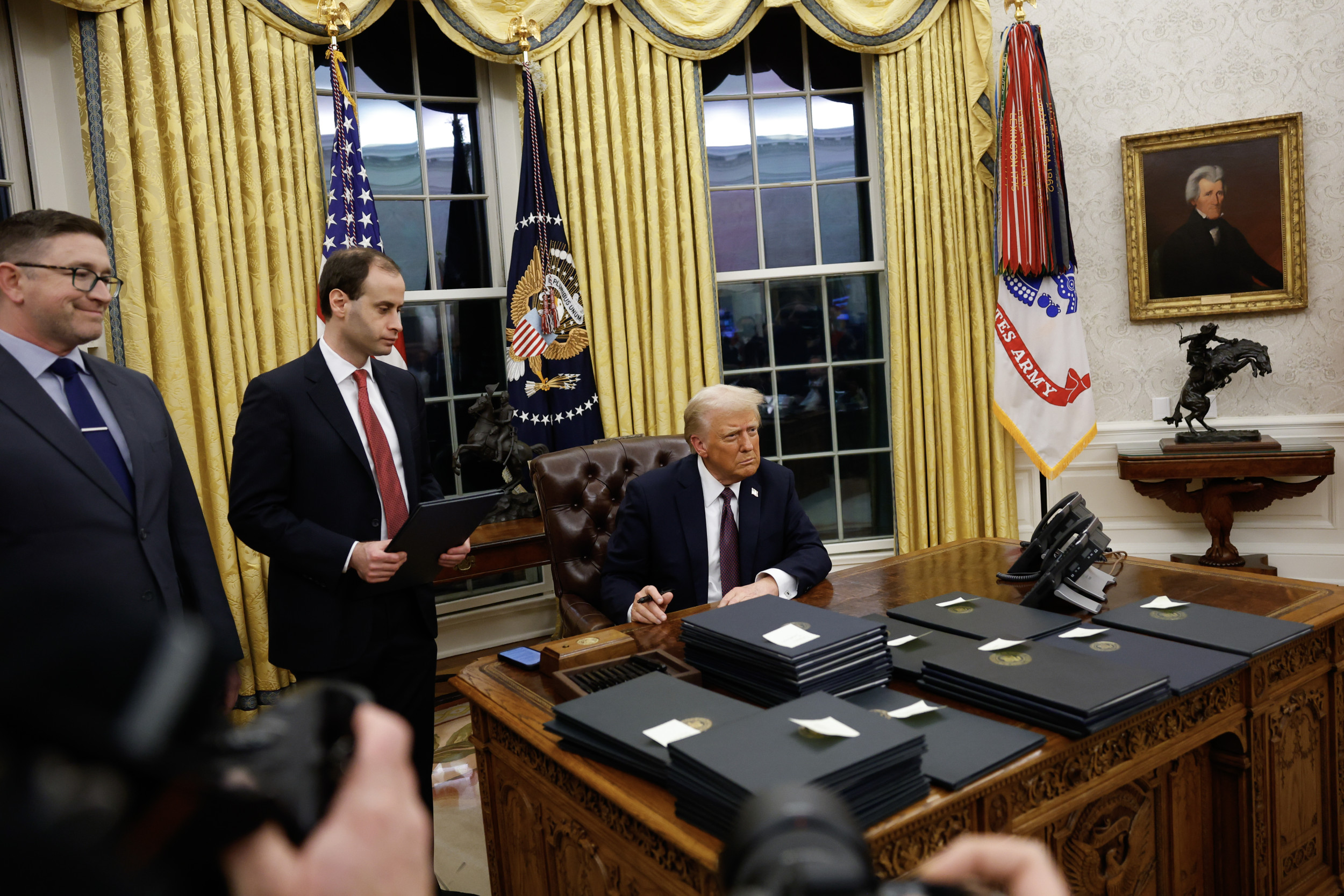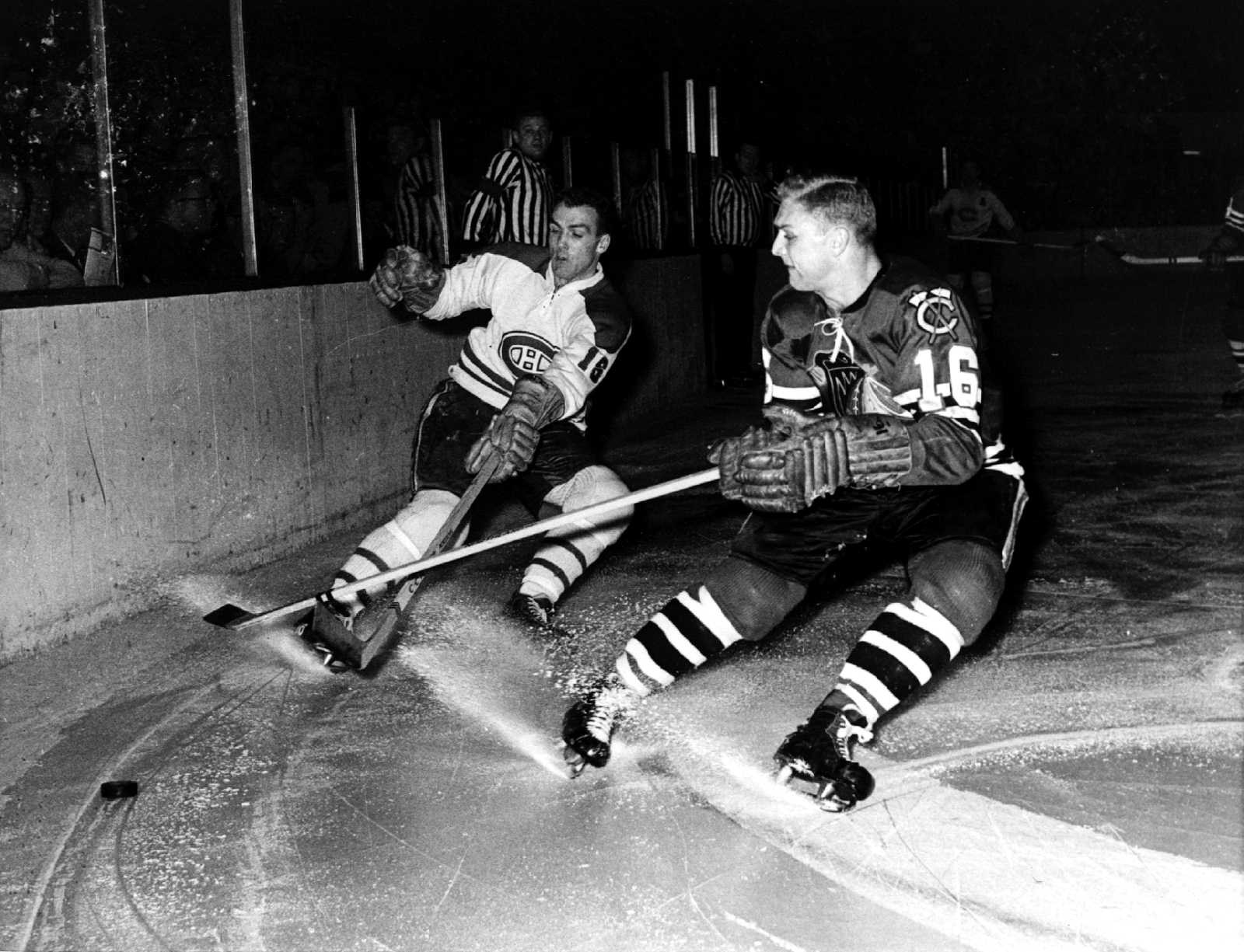Cast your mind back to Jan. 6, 2021. You saw it all on television. The United States Capitol was attacked by an angry mob. Remember what you thought at the time. It was a violent attack. It was directed by Donald Trump. We all knew what was going on. You didn't think it was a good thing.
And it wasn't. It was an unprecedented physical assault by a president of the United States against the U.S. Congress. More than 140 police officers were injured in the attack. One wounded police officer died of a stroke the next day. Within a few days two police officers who were victims of the attack committed suicide. One of the attackers was shot as she tried to force her way into the House of Representatives, two died of heart attacks, and one died of a drug overdose. Would more than one of them have lived had the violence not occurred that day? You decide, but read their stories before you discount their deaths.
The attack occurred after Trump, in an election debate, told the violent Proud Boys group to "stand back and stand by" and, in reaction Proud Boy leader Enrique Torres gave the order over Telegram, , "guys, stand by."

After he lost the election, Trump summoned to Washington the Proud Boys and other pro-violence groups like the Three Percenters, The Oath Keepers, the Texas Freedom Force,and other self-described Nazis and white supremacists to Washington by announcing: "Big protest in D.C. on January 6th. Be there will be wild". Following Rudy Giuliani calling for "trial by combat," Trump then whipped them into a frenzy urging these groups of fighters five times to "fight" while tossing in the word "peacefully" once. Trump's mock reference to "peacefully" had all the sincerity of a cannibal saying grace.
Trump pretended to be surprised at the violence from the pro-violence groups he told to fight. He declared: "Like all Americans, I am outraged by the violence, lawlessness and mayhem." He condemned what he called a "heinous attack."
Trump then counted on us all to forget the significance of the most egregious abuse ever committed by a president. He started calling it a "day of love," referring to those convicted following the attack as "hostages" and publicized the J6 Prison Choir at his rallies.
And now he has pardoned these people. So, what should we make of the pardons? Did he only pardon the nonviolent ones? No. He pardoned most of the violent ones, too. Was there any actual evidence that the people filmed assaulting police officers were innocent? No. Would it be best to just put this whole unfortunate incident behind us? Certainly not.
What Trump has done is create the most dangerous precedent in the history of the United States. He has made it acceptable to attempt to violently overthrow the government. Will others do the same someday? Will Trump use violence again to get his way? Why shouldn't he? He has a newly freed army of violent supporters forever in his debt. Why shouldn't others join them for the next violence? After all, Trump can pardon them.
He can justify it all with "emergencies." Trump has already declared two. In an emergency Trump has already asserted that his power is "absolute." He knows that it was the claim of "emergency" that has brought strong men from Adolf Hitler to Vladimir Putin to absolute power, and he envies them. If the army won't help him in his next "emergency," thanks to the pardons, he can always count on a mob.
Immediately after he was sworn in, Trump set about acting on dozens of things he promised to do that will dismantle environmental protections, drill for oil in national preserves, kill clean energy initiatives, pull the U.S. out of the World Health Organization, deny citizenship rights, and begin a process of investigating his political enemies.
So, when Trump refuses to disavow violence to achieve his ends, he means that, too. Who will stop him? Congress? Thugs have already begun their harassment of elected representatives. Who can say that ratcheting up the intimidation won't cow Congress and leave Trump to have his way with the world? We'll see. We are on the road to lawlessness, and we'll regret it.
Thomas G. Moukawsher is a former Connecticut complex litigation judge and a former co-chair of the American Bar Association Committee on Employee Benefits. He is the author of the new book, The Common Flaw: Needless Complexity in the Courts and 50 Ways to Reduce It.
The views expressed in this article are the writer's own.




















 English (US) ·
English (US) ·